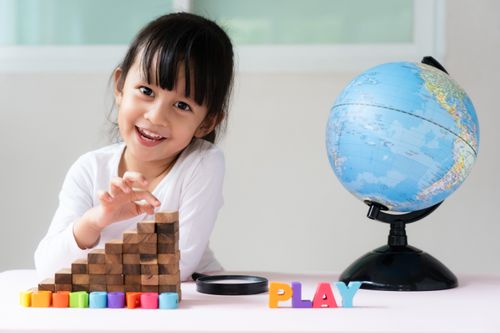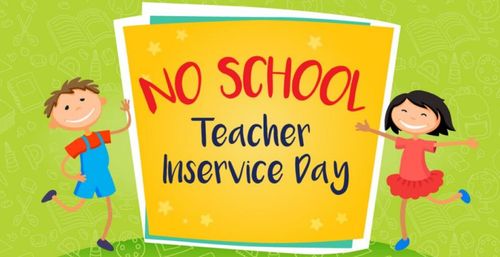
The Importance of Starting Bilingual Education in Preschool: Boosting Cognitive Development
In today’s interconnected world, bilingualism is more than just a skill—it’s a significant advantage. Starting bilingual education in preschool is a powerful way to harness young children's natural language-learning abilities while unlocking a range of cognitive benefits that can last a lifetime.
The Critical Window for Cognitive Growth
The preschool years are a critical time for brain development. Between birth and age five, children’s brains are incredibly flexible, absorbing information and adapting to new challenges at a rapid pace. This "plasticity" of the brain makes it the ideal time to introduce a second language. When children engage in bilingual learning early on, they are acquiring a new language and strengthening the core of their cognitive abilities.
Enhanced Executive Function
One of the most significant cognitive benefits of bilingual education in preschool is the development of strong executive function skills. Executive function refers to the mental processes that help us plan, focus attention, remember instructions, and juggle multiple tasks. Bilingual children constantly switch between languages, managing two linguistic systems at once. This "mental juggling" sharpens their ability to control impulses, shift attention, and stay organized—skills that are essential for academic success and everyday life.
Research shows that bilingual children often outperform their monolingual peers in tasks that require these executive function skills, such as problem-solving, multi-tasking, and adapting to new information. Early exposure to multiple languages creates a more efficient brain, one that is better equipped to handle complex thinking tasks.
Strengthening Memory and Learning Capacity
Bilingualism also boosts memory, particularly working memory, which is the ability to hold and manipulate information in the mind over short periods of time. This is crucial not only for language learning but also for academic tasks like reading comprehension and math problem-solving. Preschool children exposed to bilingual education are constantly practicing and expanding their working memory, which translates to better learning outcomes across subjects.
Additionally, learning two languages helps children develop a greater awareness of how language works, known as "metalinguistic awareness." This understanding of language structure enhances their ability to learn additional languages later in life and makes them more adept at grasping new concepts.
Cognitive Flexibility and Creativity
Bilingual education fosters cognitive flexibility—the ability to switch between thinking about different concepts or to think about multiple concepts simultaneously. For example, a bilingual child might approach a task with multiple solutions in mind, knowing that there are different ways to express or solve a problem in each language. This flexibility not only improves problem-solving skills but also encourages creative thinking. Bilingual children tend to be more inventive and open-minded because they are used to thinking outside the box and considering different perspectives.
Building a Stronger Foundation for Lifelong Learning
Starting bilingual education in preschool doesn’t just improve language skills; it builds a strong foundation for lifelong cognitive development. These early years are when children’s brains are most receptive to new information, and bilingual education takes full advantage of this critical period. By engaging both sides of the brain, children enhance their mental flexibility, boost memory, and strengthen the cognitive processes that will support them in all areas of learning.
At Language Garden Montessori, we see firsthand how bilingual education shapes a child's cognitive abilities. Our preschoolers develop sharper problem-solving skills, stronger memories, and greater mental flexibility, giving them a clear advantage as they progress through their academic journeys and beyond.
Unlocking Potential
In summary, bilingual education in preschool is about much more than language acquisition. It’s about nurturing cognitive abilities that will benefit children for the rest of their lives. From enhancing executive function to fostering creativity and improving memory, bilingualism transforms young minds and prepares them for future success. By starting early, we give our children a cognitive edge that goes far beyond words.
At Language Garden Montessori, we are committed to helping children reach their full potential by embracing the power of bilingual education. Let’s unlock their cognitive abilities together, one language at a time.






























